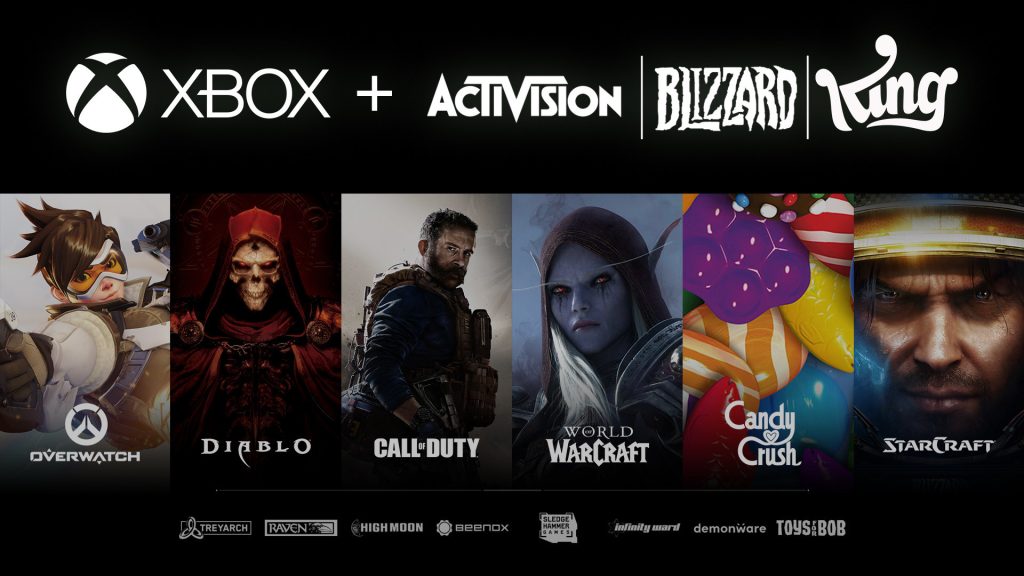Somehow, over a year later, Microsoft’s attempted $69 billion takeover of Activision Blizzard just took its weirdest turn yet. The tech giant announced today that it will sell off the streaming rights for Call of Duty, Overwatch, and more to rival publisher Ubisoft as part of one last attempt to get holdout regulators in the UK to approve the deal.

“To address the concerns about the impact of the proposed acquisition on cloud game streaming raised by the UK Competition and Markets Authority, we are restructuring the transaction to acquire a narrower set of rights,” Microsoft President Brad Smith wrote in an August 22 blog post. “This includes executing an agreement effective at the closing of our merger that transfers the cloud streaming rights for all current and new Activision Blizzard PC and console games released over the next 15 years to Ubisoft Entertainment SA, a leading global game publisher. The rights will be in perpetuity.”
Ubisoft confirmed in its own blog post that this means Activision Blizzard games like Modern Warfare II will soon be added to its own Ubisoft+ Multi Access subscription service, as well as its Ubisoft+ Classics add-on for PlayStation users. While the games can still be licensed for Microsoft’s own Game Pass subscription service, they would not be able to become exclusive to any one cloud gaming platform. Ubisoft+, which includes big blockbusters like Assassin’s Creed, Far Cry, and Rainbow Six Siege, already costs more than Game Pass on console, and it will be interesting to see how this new side-deal transforms the service.
How exactly will this messy divestiture work? According to the Competition and Markets Authority in the UK, Ubisoft will compensate Microsoft through a “one-off payment” as well as a “wholesale pricing mechanism” that includes the option to pay based on usage. Ubisoft will then have the ability to license out the games to other subscription services, as well as to pay a fee to force Microsoft to port Activision Games to competing PC gaming operating systems like Linux.
Originally set to close by mid-July, Microsoft’s plan to buy Activision Blizzard ran into all sorts of roadblocks in the U.S. and UK. Despite regulatory approval in the European Union, the Federal Trade Commission ended up suing to try and prevent the deal from closing earlier this summer, only for the judge in the case to end up denying the request and side with Microsoft. The CMA, meanwhile, blocked the deal back in April claiming it would give Microsoft a big competitive advantage in the cloud gaming market if it ever decided to make games like Call of Duty exclusive to streaming on Game Pass.
After the failure of the FTC’s lawsuit, Microsoft and the CMA began negotiating on potential remedies again, culminating in the new and much more convoluted version of the deal laid out today. An agreement was also signed with Sony to secure ongoing access to Call of Duty games on PlayStation 5 and future consoles for the next 10 years. Microsoft and Activision Blizzard recently signed a 90-day extension of their merger agreement which expires on October 18. The CMA will review the new terms before then, but this whole saga isn’t over yet.
“This doesn’t mean it’s approved,” explained Sarah Cardell, the CEO of CMA. “We’ll look closely at the new deal to see how it affects competition. We’ll consider what others have to say too. Our aim remains the same: to make sure the cloud gaming market keeps being competitive and brings new ideas and options for people.”


